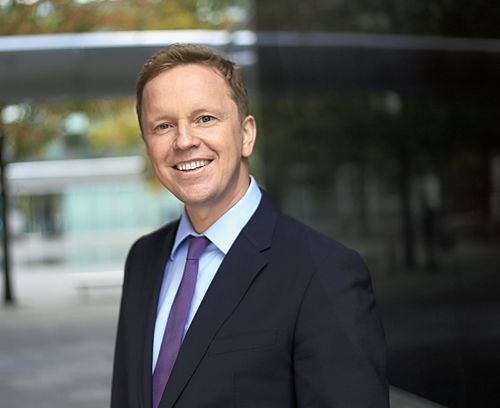As Robert Dobrzycki, the CEO for Europe of Panattoni Europe, claims we are experiencing a phenomenal time for the industrial and logistics market with not only the opening of new logistics locations but also huge growth across the sector. The total take-up in Poland, the Czech Republic, Hungary, Romania and Slovakia tripled to 6.6 mln sqm from 2.2 mln sqm in 2016, according to figures from Cushman & Wakefield. The supply was also unparalleled with 3.6 mln sqm completed smashing the 2007 record of 2.5 mln sqm by over a third and last year’s total of 2.2 mln sqm by over 60 pct. Total modern stock increased to 25.8 mln sqm across the region, with an average vacancy of just 5 pct.
Poland leads the pack
This was also a record year for the Polish market, both in terms of supply and demand. According to figures from Axi Immo, a total of 4 mln sqm of gross warehouse space was leased, of which 75 pct comprised new lease agreements and expansions. Indeed this is the third year in a row that





























































